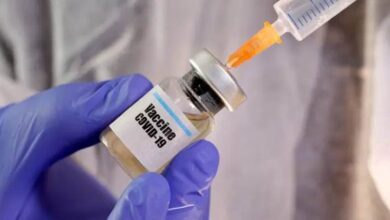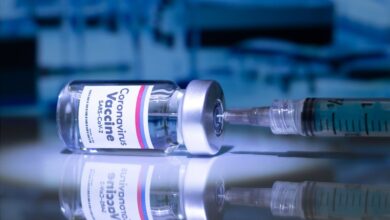Health
Short High-Intensity Workout As Beneficial As Longer Moderate Intensity Workout Sessions- Study
New study claims a few minutes of high-intensity interval or sprinting exercise is as effective as longer moderate workout sessions

Health and fitness experts often recommend high-intensity workouts to those who are looking for quick weight loss. Well, a new study also claims that a few minutes of high-intensity interval or sprinting exercise is as effective as longer moderate workout sessions.
Exercise in any form creates new mitochondria, the energy centers of the cells, as well as improves the function of existing ones. Even a single session of exercise generates signals that lead to beneficial changes in the cells, thereby lowering the risk for chronic disease.
High-intensity interval workout consists of short bursts of high-intensity aerobic exercise physical activity that increases the heart rate alternating with brief recovery periods.
According to a new study conducted by researchers at Victoria University in Australia, fewer minutes of a higher-intensity workout produces similar mitochondrial responses as compared to a longer moderate-intensity activity.
For the purpose of the study, the research team examined eight young adult participants as they participated in cycling workouts of varying intensity. While a couple of them were asked to do moderate intensity exercise consisting of 30 minutes of continuous exercise at 50 percent peak effort, some performed high-intensity interval exercise consisting of five four-minute cycling sessions at 75 percent peak effort, each separated by one minute of rest. The rest were made to do sprint cycling consisting of four 30-second sessions at maximum effort, each separated by 4.5 minutes of recovery time.
At the end of the study, the researchers measured the amount of energy the volunteers spent on each workout and compared mitochondrial changes in their thigh muscles before and after each exercise session. It was found that levels of hydrogen peroxide, which is a type of molecule involved in cell signaling called “reactive oxygen species” that contains oxygen and hydrogen, in different parts of the mitochondria change after exercise. The volunteers’ levels reached an appropriate amount to potentially promote cell responses that benefit metabolic function.
“A total of only two minutes of sprint interval exercise was sufficient to elicit similar responses as 30 minutes of continuous moderate-intensity aerobic exercise,” the researchers noted.
The study results have been published in the American Journal of Physiology-Regulatory, Int. & Comparative Physiology.






